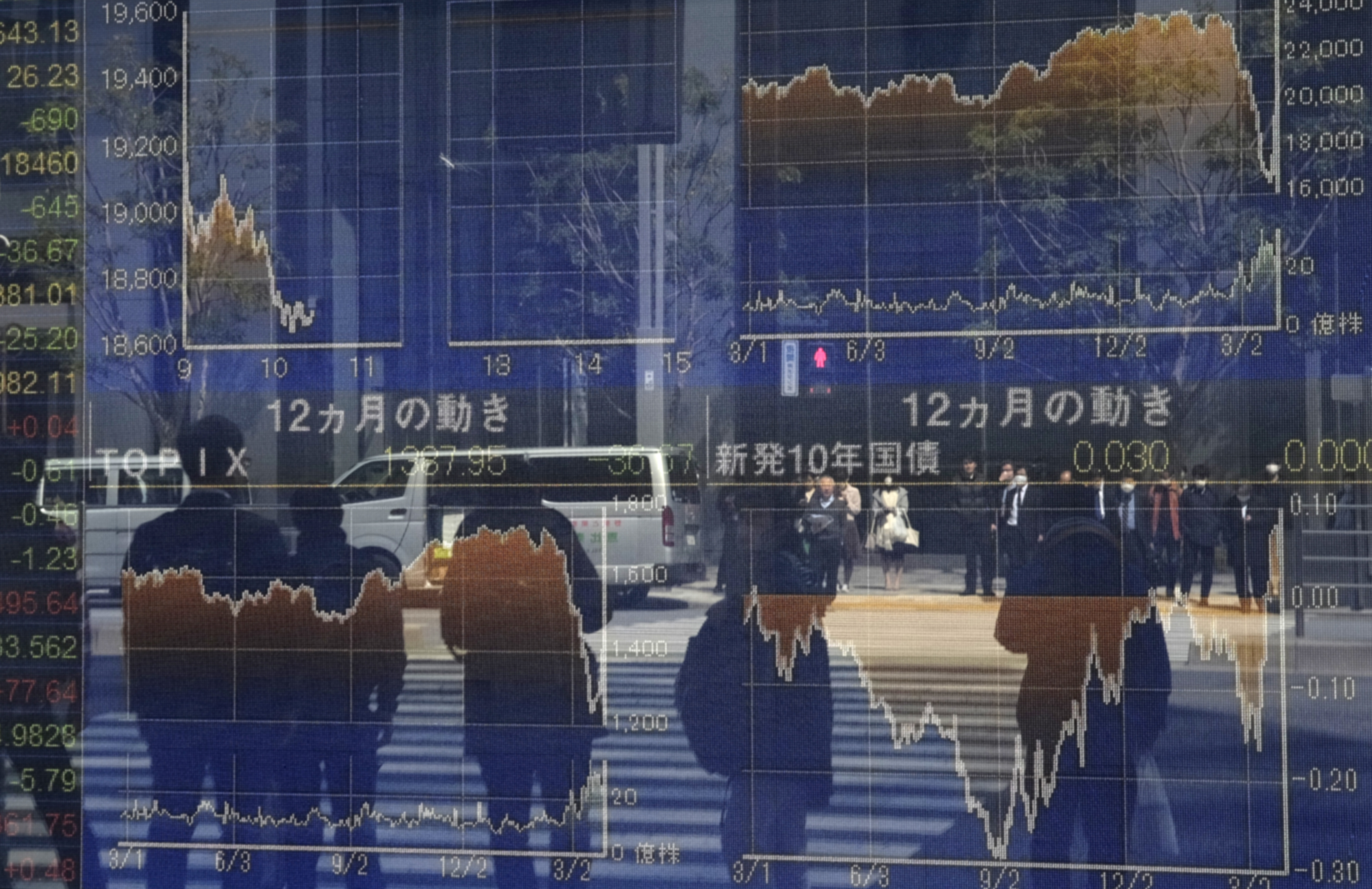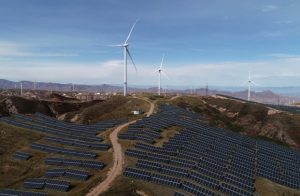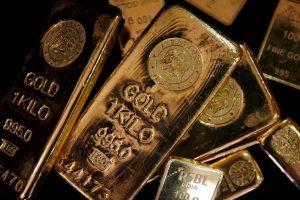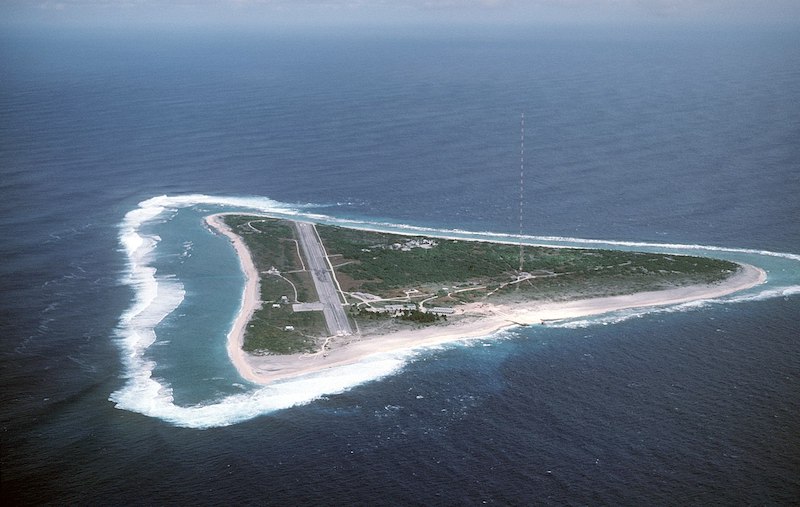(ATF) Hong Kong: Asian markets were broadly higher on Thursday driven by economic optimism but gains were capped as investors braced for Beijing’s response to the US decision to revoke Hong Kong’s special status.
Japan’s Nikkei extended gains after the world’s fourth largest economy approved a $1.1 trillion stimulus plan with banks, insurance companies and steel producers boosting the Nikkei 225 by 2.32%.
“While the release of the stimulus package was well flagged by the Prime Minister, the size of the announcement was larger than expectations. In fact, if adding the two packages together, the headline numbers sum up to a whopping 40% of GDP, putting Japan towards the top of our list for the size of government support during the Covid-19 outbreak,” HSBC economists James Lee and Ki-Hyuk Lee said in a note.
Australia’s S&P ASX 200 index leapt 1.32%, lead by banking stocks but South Korea’s benchmark Kospi eased 0.13% after Bank of Korea cut interest rates by 25 basis points (bps) to a record low of 0.5% as investors felt that a move towards quantitative easing was not imminent. This came even after the BoK revealed a reduction of their 2020 growth forecast from 2.1% to -0.2% and noted that the outlook for 2021 was subject to considerable uncertainties.
“So although the BoK is still saying that it remains ‘ready to buy bonds’, we don’t think this is under the context of an imminent QE programme, more of an ad-hoc adjustment in case of market volatility,” Robert Carnell, ING Bank’s Regional Head of Research for Asia-Pacific, said.
“A more reasonable interpretation is that the BoK is now taking a back seat to the government and anticipating a more forceful fiscal response to provide the bulk of ongoing support for the economy.”
But Hong Kong’s Hang Seng index fell 0.72% after Beijing approved a national security bill, which critics say would jeopardise Hong Kong’s special autonomy and freedom. US Secretary of State Mike Pompeo certified to Congress overnight that Hong Kong no longer enjoys sufficient autonomy to justify continuing to treat it differently from the People’s Republic of China.
Credit markets were strong, but off morning highs, with several deals in the primary market as issuers capitalised on investors’ hunger for yield. The Asia IG index was flat at 99-1/4/100-1/4 bps and sovereign CDS moved in 1-2 basis points. China was the under-performer with the CDS widening by 2 basis points at 51/52.
Also on Asia Times Financial:
China ratifies Hong Kong security bill
China’s digital push could internationalise the yuan
China pumps another 240 billion yuan into the market
More reforms planned to bolster recovery
Foreign Exchange:
Asia Stocks
· Japan’s Nikkei 225 jumped 2.32 %
· Australia’s S&P ASX 200 climbed 1.32%
· Hong Kong’s Hang Seng index fell 0.72%
· China’s CSI300 added 0.29%
· The MSCI Asia Pacific index advanced 1.69%.
Stock of the day
Meituan Dianping rose as much as 2.6%, outperforming the broad market with the traded volumes third highest on the HKEX table, after it said food delivery orders had bounced back to 90% of their pre-pandemic level by mid-May even after it announced a loss in the first quarter. The stock price has nearly doubled since the end of the March quarter.
























